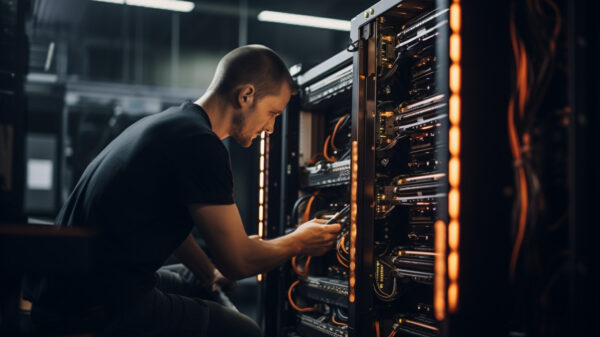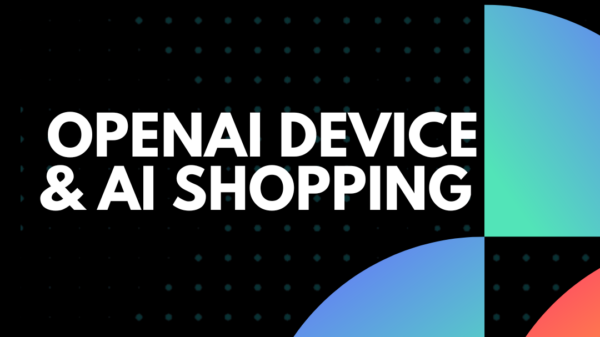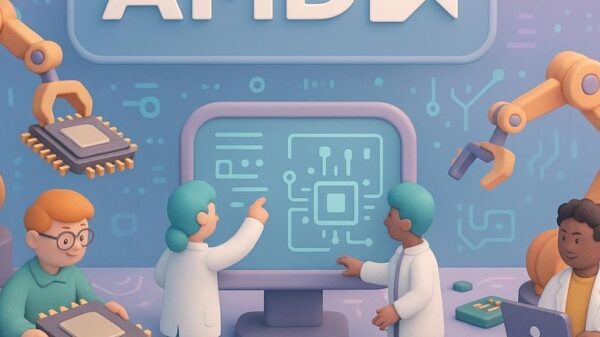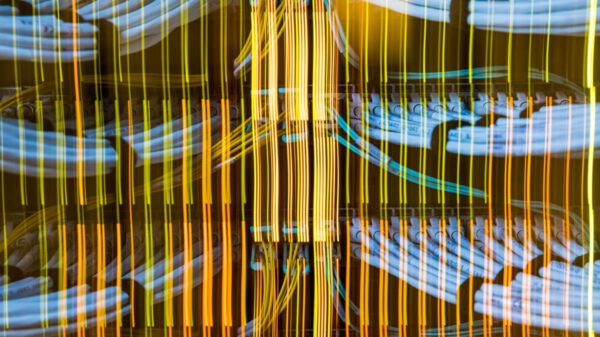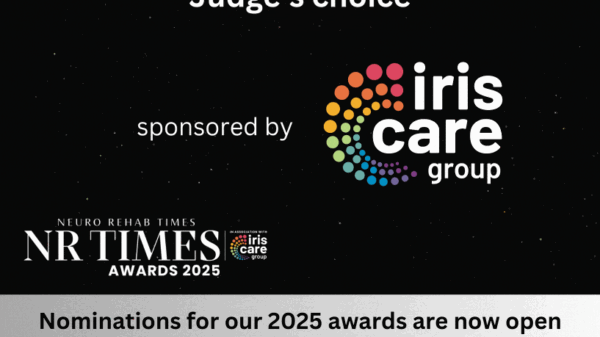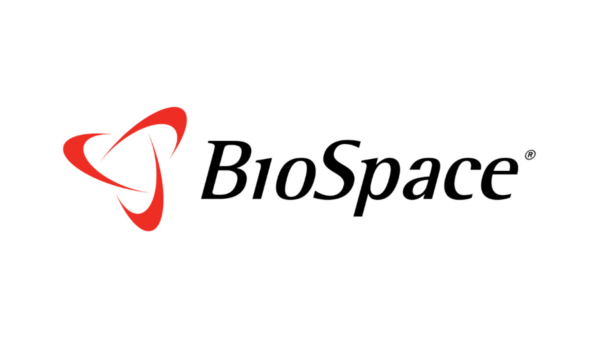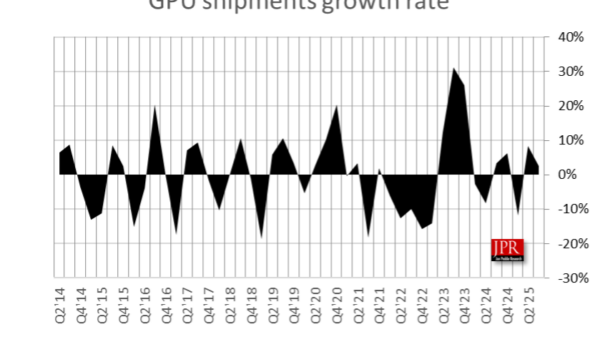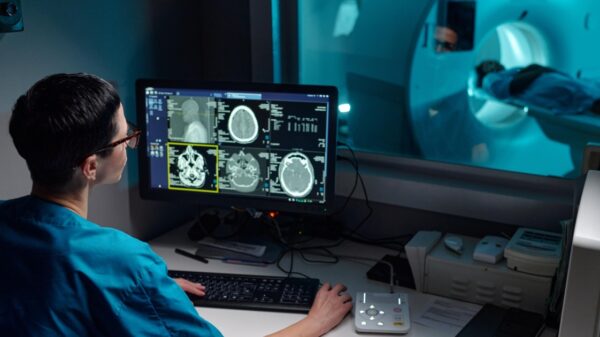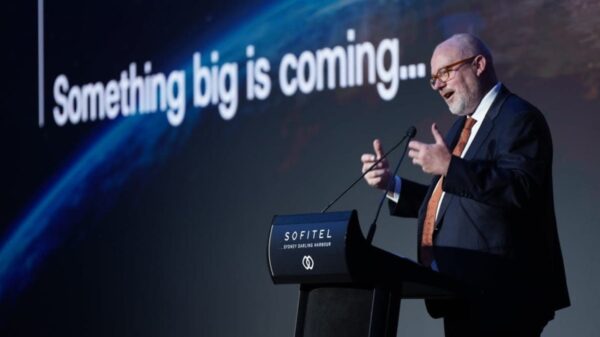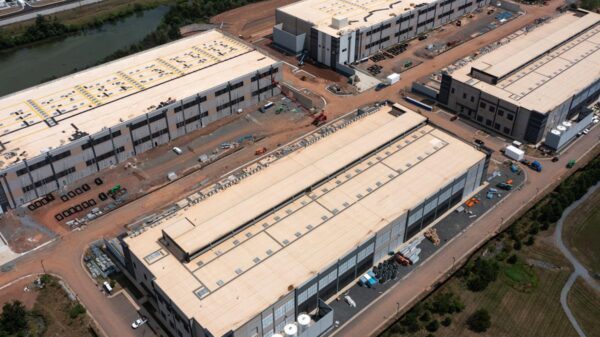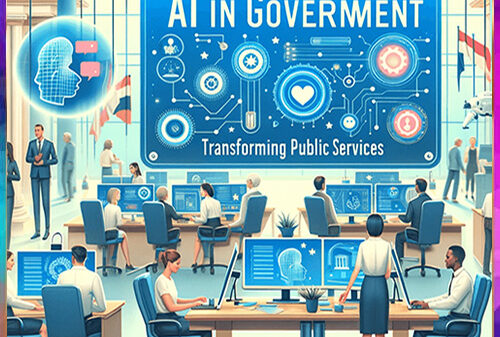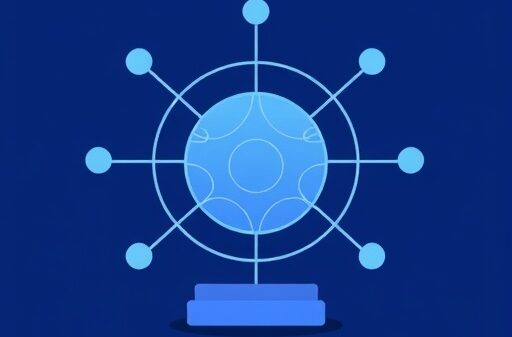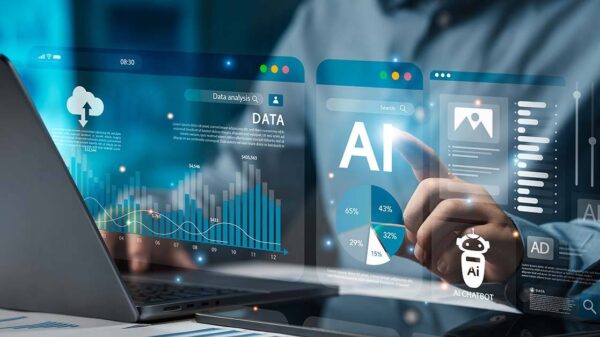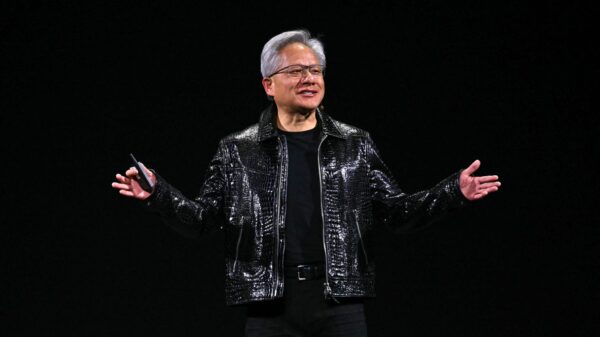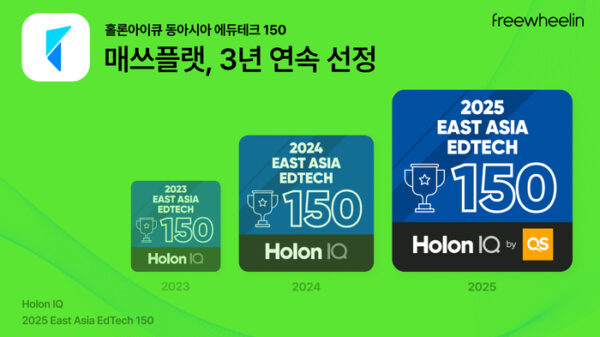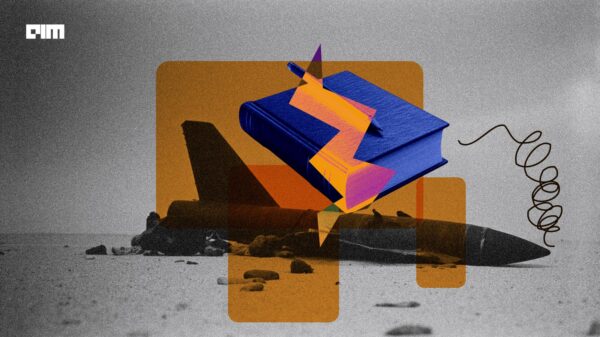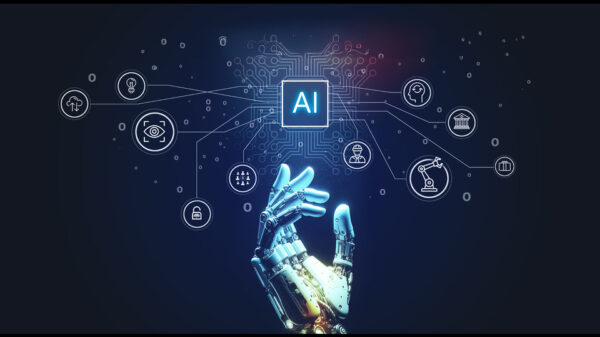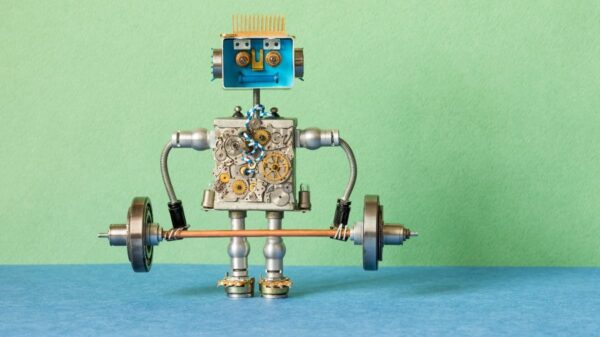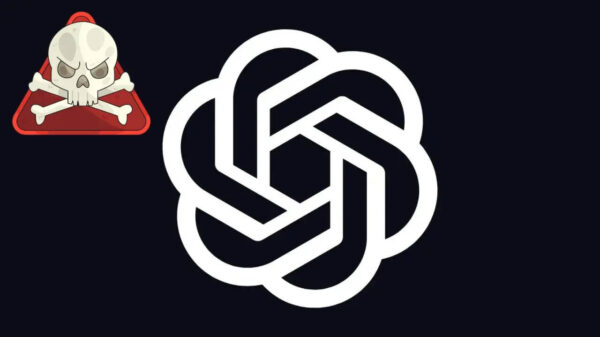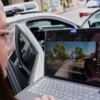The inauguration of the Abaporu supercomputer at the State University of Campinas (Unicamp) marks a significant advance in addressing challenges related to Brazil’s pre-salt oil fields. This cutting-edge facility, based in the Institute of Computing’s data center, will serve as the backbone for new research projects that integrate artificial intelligence, engineering, and extensive data analytics. The system is initially set to bolster research in collaboration with Shell Brazil, a partnership that has evolved over six years.
Abaporu, which translates to “data devourer” and is named after a modernist artwork by Tarsila do Amaral, embodies a robust investment of approximately US$1 million. Funding for the supercomputer was provided by Shell Brasil under the National Agency of Petroleum, Natural Gas and Biofuels’ (ANP) R&D clause, further emphasizing Unicamp’s role in the Center for Energy and Petroleum Studies (Cepetro).
The supercomputer boasts a Recod.ai cluster, equipped with 28 NVIDIA H200 and L40s graphics cards, noted for their exceptional performance in advanced AI applications. Professor Anderson Rocha, who coordinates Recod.ai and heads this initiative, stated, “Abaporu should be the largest artificial intelligence cluster at Unicamp today, and one of the most robust dedicated to university research in the country.”
Shell Brazil’s involvement is pivotal to the development of this technological ecosystem. The company’s R&D division aims to expedite the adoption of emerging technologies and facilitate the digital transformation of the energy sector. Olivier Wambersie, General Director of Technology at Shell Brazil, remarked, “Projects like this expand our capacity to drive digitalization, apply artificial intelligence to complex challenges in the energy industry, integrating science, data, and innovation with a positive impact on business.”
This joint venture initiates a research cycle extending to 2028, focusing on the development of generative models for simulating and managing oil reservoirs, particularly those situated in the pre-salt layer. Unicamp explains that these generative models will enable engineers to interact with petroleum simulators through natural language, replacing the need for detailed technical commands with more intuitive conversational instructions.
Rocha emphasized the goal of creating a direct interface between specialists and reservoir data. He noted, “Today, to perform a production simulation, it is necessary to master numerous parameters and write extensive scripts.” However, with the introduction of generative AI, this process becomes simpler and more accessible. For example, an engineer could request, “Simulate the next 12 years of production from field X, considering wells Y and Z and variations in water injection,” and the system would seamlessly convert this inquiry into a technical format, activating the traditional simulators. If input is incomplete, the AI can prompt further clarification, such as “Which injection regime should be adopted?”
This innovative approach fosters a dynamic conversation between the user and the system, enhancing the overall decision-making process. In addition to refining user interaction, the algorithms in development have the capability to analyze large-scale seismic, geological, and production data. This rapid identification of patterns and anomalies is crucial for improving decision-making in the pre-salt region, where precision is vital for defining extraction and injection strategies.
The potential of this AI-driven technology could significantly boost operational efficiency in a sector characterized by rapid decision-making based on multifaceted variables. The inauguration of the Abaporu supercomputer was celebrated on November 3rd, with a gathering of key industry players and academic leaders. Wambersie was joined by Unicamp representatives including Professor Anderson Rocha, Pro-Rector of Research Ana Maria Frattini Fileti, and others from the Cepetro team.
The collaborative project involves a dedicated team of at least 35 members, including researchers and students, highlighting the initiative’s extensive reach and ambition. Meanwhile, developments in the national tech landscape continue, with OpenAI reportedly linking a proposed US$5 billion investment in Brazil to potential changes in copyright regulations, as revealed by Cointelegraph Brazil.
 Multimodal AI Agents Revolutionize Automation: From Text Models to Autonomous Systems
Multimodal AI Agents Revolutionize Automation: From Text Models to Autonomous Systems Sam Altman Praises ChatGPT for Improved Em Dash Handling
Sam Altman Praises ChatGPT for Improved Em Dash Handling AI Country Song Fails to Top Billboard Chart Amid Viral Buzz
AI Country Song Fails to Top Billboard Chart Amid Viral Buzz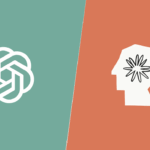 GPT-5.1 and Claude 4.5 Sonnet Personality Showdown: A Comprehensive Test
GPT-5.1 and Claude 4.5 Sonnet Personality Showdown: A Comprehensive Test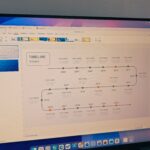 Rethink Your Presentations with OnlyOffice: A Free PowerPoint Alternative
Rethink Your Presentations with OnlyOffice: A Free PowerPoint Alternative

